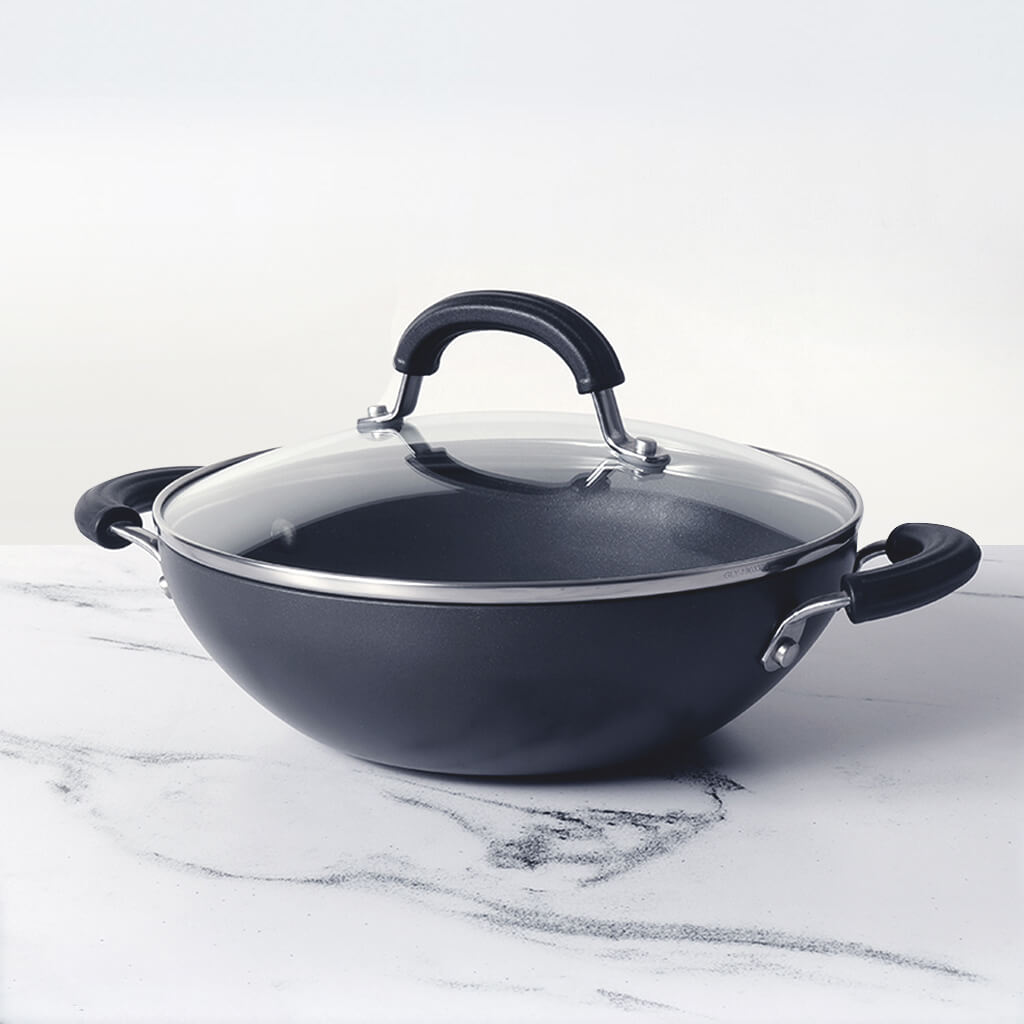Effective portion control is a valuable skill for anyone seeking to improve their eating habits, whether for weight management, health, or simply to develop a healthier relationship with food. It encourages a balanced and mindful approach to eating, which can lead to better nutrition and long-term health benefits.
Effective portion control is a valuable skill for anyone seeking to improve their eating habits, whether for weight management, health, or simply to develop a healthier relationship with food. It encourages a balanced and mindful approach to eating, which can lead to better nutrition and long-term health benefits.
Table of Contents
- 1. What Do You Mean By Portion Control?
- 2. Portion Control Helps in Calorie Management:
- 3. Portion Control Helps in Balanced Nutrition:
- 4. Portion Control Helps in Preventing Overeating:
- 5. Portion Control Helps in Blood Sugar Management:
- 6. Portion Control Helps in Mindful Eating:
- 7. Portion Control Helps in Preventing Food Waste:
- 8. Does Portion Control Help You Lose Weight?
What Do You Mean By Portion Control?
Portion control is the practice of consciously managing the quantity of food you eat in a single serving or meal. It involves being mindful of the amount of food you put on your plate and consuming an appropriate portion size based on your dietary needs and health goals.
Portion control is essential because it helps prevent overeating, manage calorie intake, and promote a balanced diet. It allows you to enjoy your favorite foods while maintaining a healthy weight and supporting overall well-being. Portion control can involve using visual cues (e.g., estimating serving sizes using your hand), measuring cups, food scales, and being attuned to your body's hunger and fullness cues.
Portion Control Helps in Calorie Management:
Portion control is fundamental to managing your calorie intake. It helps you consume an appropriate number of calories that align with your energy needs. Eating excessively large portions can lead to overconsumption of calories, which, over time, may result in weight gain and related health issues. On the other hand, portion control ensures you eat only what your body requires, making it easier to maintain a healthy weight or achieve weight loss goals.
Portion Control Helps in Balanced Nutrition:
Controlling portion sizes contributes to a balanced intake of essential nutrients. A well-balanced meal should include appropriate proportions of macronutrients (carbohydrates, proteins, and fats) and micronutrients (vitamins and minerals). Proper portion control encourages you to include a variety of foods in your diet, ensuring you receive all the necessary nutrients to support overall health.
Portion Control Helps in Preventing Overeating:
Oversized portions can lead to overeating. When you're served more food than you need, you may continue eating past the point of fullness, leading to discomfort, indigestion, and weight gain over time. Portion control helps you recognize your body's signals of fullness, promoting better digestion and preventing overconsumption.
Portion Control Helps in Blood Sugar Management:
Portion control can aid in stabilizing blood sugar levels. Large meals with excessive portions of carbohydrates can cause blood sugar spikes, leading to subsequent crashes and cravings. By controlling portion sizes and consuming balanced meals, you can help maintain steady blood sugar levels, which is especially important for individuals with diabetes or those looking to prevent energy fluctuations and mood swings.
Portion Control Helps in Mindful Eating:
Portion control encourages mindful eating. Being aware of the quantity of food on your plate allows you to savor each bite and enjoy the flavors. It promotes a more conscious and enjoyable eating experience, helping you connect with your food and your body's hunger and fullness cues.
Portion Control Helps in Preventing Food Waste:
Proper portion control can reduce food waste. When you prepare and serve appropriate portions, you're less likely to have leftovers that go uneaten. This not only saves food but also reduces the strain on the environment associated with food waste.
Portion control allows you to customize your diet to meet your specific needs and goals. Whether you're aiming for weight loss, muscle gain, or simply maintaining your current weight, portion control empowers you to adapt your food intake to your individual objectives. Consistently practicing portion control supports long-term health. By maintaining a healthy weight and consuming a balanced diet, you can reduce the risk of chronic diseases, such as heart disease, diabetes, and certain types of cancer. It also contributes to overall well-being and vitality as you age.
Does Portion Control Help You Lose Weight?
Portion control is a highly effective strategy for weight loss. By consciously managing the size of your food servings, you can regulate your calorie intake, which is a key factor in weight management. It prevents overeating, encourages mindful eating, and promotes a balanced diet. Portion control helps you create a calorie deficit, which is essential for shedding excess pounds. What's particularly advantageous is that it allows you to enjoy a wide variety of foods, making it a sustainable approach to weight loss. However, it's most effective when part of a comprehensive plan that includes a balanced diet, regular physical activity, and a commitment to long-term healthy eating habits.











Leave a comment